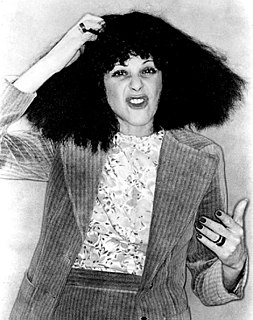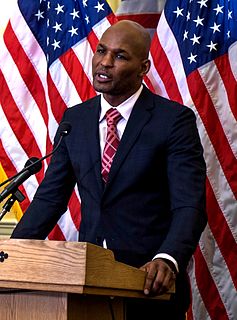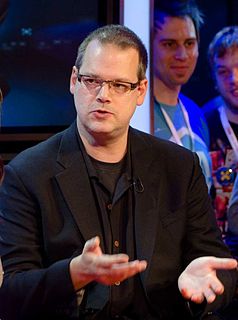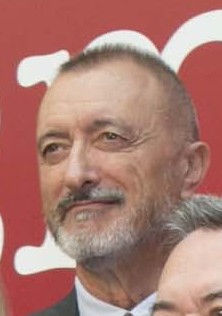A Quote by Miguel Sapochnik
While most episodes have a beginning, middle, and an ending, finales on 'Game of Thrones' are just one ending after another after another, as each of the storylines needs to wrapped up or at least attended to in some way.
Related Quotes
While I had no intention of ending the series after 'The Spellmans Strike Again,' I did close many doors in that book and, with the fifth one, I was opening a lot of doors and not finding anything behind them and then opening another door and another until I found something. It was a while before I found my stride.
Every story is flawed, every story is subject to change. Even after it is set down to print, between covers of a book, a story is not immune to alteration. People can go on telling it in their own way, remembering it the way they want. And in each telling the ending may change, or even the beginning. Inevitably, in some cases it will be worse, and in others it just might be better. A story, after all, does not only belong to the one who is telling it. It belongs, in equal measure, to the one who is listening.
I think one is naturally impressed by anything having a beginning a middle and an ending when one is beginning writing and that it is a natural thing because when one is emerging from adolescence, which is really when one first begins writing one feels that one would not have been one emerging from adolescence if there had not been a beginning and a middle and an ending to anything.
Instead he thinks up the worst ending imaginable: Hemingway has Catherine die from hemorrhaging after their child is stillborn. It is the most torturous ending I have ever experienced and probably will ever experience in literature, movies, or even television. I am crying so hard at the end, partly for the characters, yes, but also because Nikki actually teaches this book to children. I cannot imagine why anyone would want to expose impressionable teenagers to such a horrible ending. Why not just tell high school students that their struggle to improve themselves is all for nothing?
There is a huge set of consequences that start stacking up as you approach the end-game. And
even in terms of the ending itself, it continues to break down to
some very large decisions. So it's not like a ****c game ending
where everything is linear and you make a choice between a few things
- it really does layer in many, many different choices, up to the
final moments, where it's going to be different for everyone who
plays it.
Of all the universal lies she accepted unquestioningly, the happy ending was the most absurd. The hero and heroine lived happily ever after, and the ending seemed indisputable, definitive. No questions asked about how long love or happiness lasts in that 'forever' that can be divided into lifetimes, years, months. Even days






































